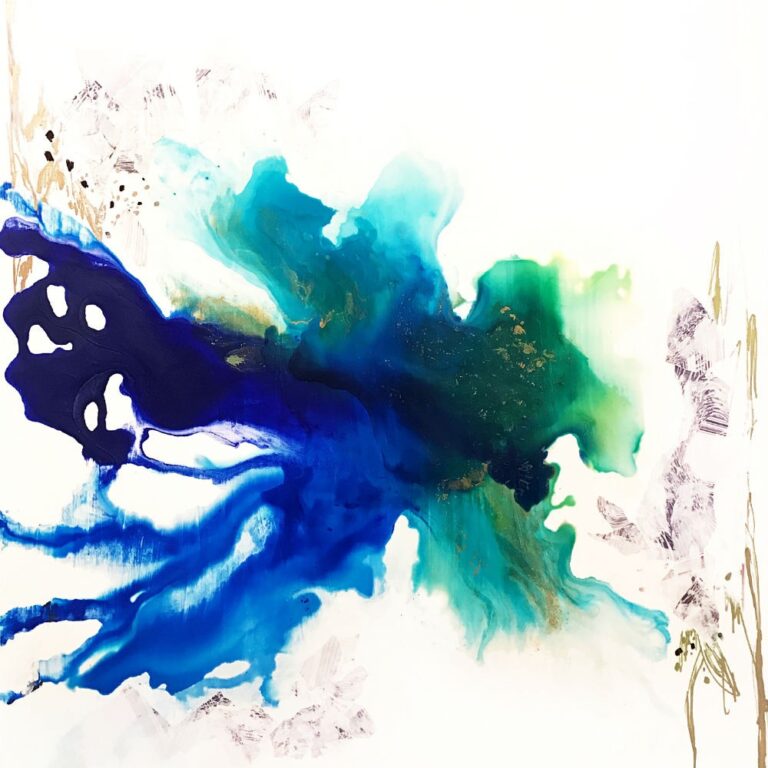The Complexity Of Psychoanalysis And Therapy
The theory of psychoanalysis, psychoanalysis itself was a creation of Freud. Since the publication of his seminal book “The Interpretation of Dreams” in 1900 until today, we have come a long way theoretically and clinically with significant developments in the way we understand the human psyche, in the way we approach the most basic issue of life, death anxiety, but also in the essential meaning of the treatment. Today, the important issue is not only the disclosure of the unconscious data, but also the realization of relationships in real life.
The Complexity Of Psychoanalysis And Therapy – Psychoanalytic Type Psychotherapy
Psychoanalysis, many have said, is essentially a surgical operation on the psyche. But few do classical psychoanalysis because this procedure requires daily visits and as a result the costs rise to very high levels, so there are few who can support the financial requirements of the procedure. However, we have found over time that formulating a therapeutic process once or twice a week is effective as we have adapted our technique and methods accordingly. We call this method “psychoanalytic type psychotherapy”.
The Complexity Of Psychoanalysis And Therapy
The Complexity Of Psychoanalysis And Therapy
The Complexity Of Psychoanalysis And Therapy – The Duration Of A Therapy And The Resistances
Psychoanalytic psychotherapy, like classical psychoanalysis, takes years. At the beginning of a psychoanalytic treatment people wonder how it is possible for it to last so long. But then they realize that the defenses they have developed since childhood are the main obstacle to healing. In time the defenses are lowered and the true self emerges as described in modern psychoanalytic theory. So part of the treatment is lowering the defenses. This is done through the relationship that the treated person develops with his therapist. A therapist trained in the process of psychoanalytic psychotherapy, allows the patient to bring into the relationship those elements that concern him, create symptoms, intense and confused feelings. He brings them to the therapist’s face. That is, he credits him.
The Complexity Of Psychoanalysis And Therapy

The Complexity Of Psychoanalysis And Therapy
A simple example: “you seem upset to me today” says the client, and the therapist responds: “do you feel upset?” “yes,” replies the patient, “very much.” So this was a simple projection which when analyzed will lead to the cause of distress. When the path of processing emotions is opened, we encounter strong resistances. Distress leads to a relationship, relationship problems, fantasies, the development of double and triple defenses, and various other defensive phenomena that the client recycles in his life. This recycling is intended to stop at some point. So when it stops, the relationships until then stop having the role they had until that moment. I tell patients from the beginning: psychotherapy will help you see the world differently. The old relationships from one point and later you will see that they were very problematic. And you’ll be lonely for a while until you change your choices in the people you associate with.
The Complexity Of Psychoanalysis And Therapy – Who Is It For?
Psychoanalytic psychotherapy is a specialized option that does not suit all patients. One needs to have the ability to go deeper, it is necessary to have the ability to process thoughts and feelings and of course to be able to exist in a relationship with another human being. These are necessary. When I judge that someone is suitable for such treatment, then I analyze the case to understand how often I should see them. The cases vary from once a week up to five times.
The Complexity Of Psychoanalysis And Therapy
The Complexity Of Psychoanalysis And Therapy – The Group Context
But there is always the option of group analytical therapy. Group therapy is very effective in some cases, especially for people who are either neurotic, that is, have anxieties that they do not understand, or have done a short or long period of individual therapy, or have the skill of introspection. A group psychotherapy seeks to mirror the people among themselves and bring out the childhood material from which we all operate when we have not entered actual psychotherapy. The team keeps you but also analyzes you. He supports you, he doesn’t ask you to be there but when you are he works with you. The group motivates you to see yourself in others and to accept the parts of yourself that were previously indifferent, foreign or hated.
The process of psychotherapy requires commitment, dedication and is addressed only to those who seriously see that they need to change their lives. If you are thinking of starting this journey, please call me at 211 71 51 801 to make an appointment and let’s see together how I can help you.
Mixalis Paterakis
Psychologist Psychotherapist
University of Indianapolis University of Middlesex
Karneadou 37, Kolonaki (next to Evangelismos)
I accept by appointment
Tel: 211 7151 801
www.psychotherapy.net.gr
www.mixalispaterakis.gr
The Complexity Of Psychoanalysis And Therapy

Ψυχολογος Ψυχοθεραπευτης
“θεραπεία σημαίνει η προσπάθεια να καταλάβει κανείς τον εαυτό του. Να τον κατανοήσει. Να μάθει γιατί μισεί, γιατί έχει χαμηλή αυτοεκτίμηση, γιατί δεν μπορεί να αγαπήσει, με λίγα λόγια να δει από που προέρχονται όλα αυτά…”
Για οτιδήποτε ψυχολογικό σας απασχολεί, μην διστάσετε να επικοινωνήσετε. Υπάρχει λύση σε κάθε πρόβλημα απλώς χρειάζεται να δούμε λίγο εσάς.
Psychologist Psychotherapist
“healing means trying to understand oneself. To understand him. To find out why he hates, why he has low self-esteem, why he can’t love, in short to see where all this comes from…”
For anything psychological that concerns you, do not hesitate to contact. There is a solution to every problem we just need to see a little of you.

